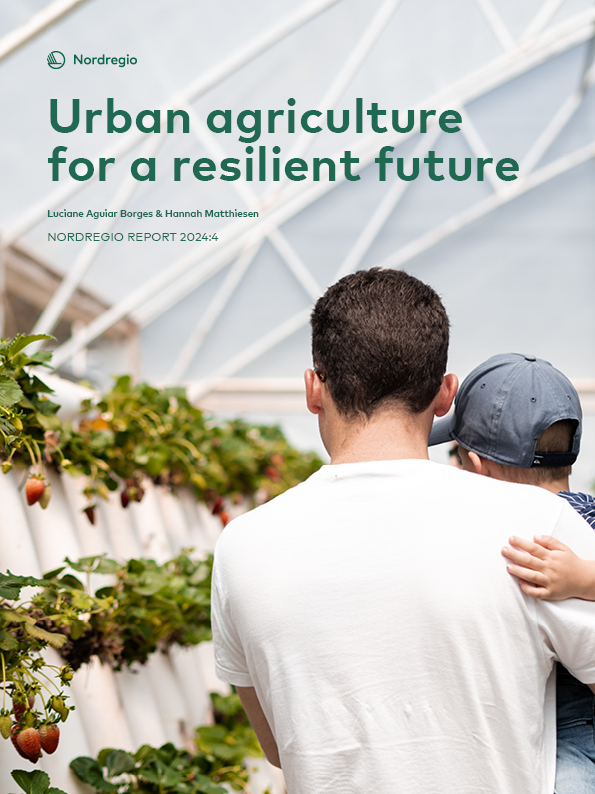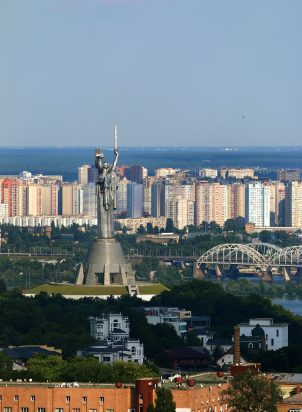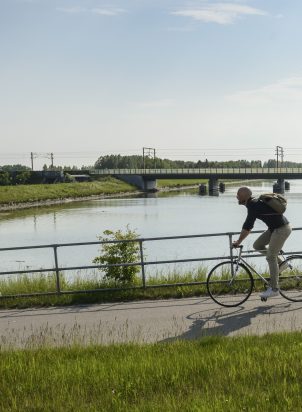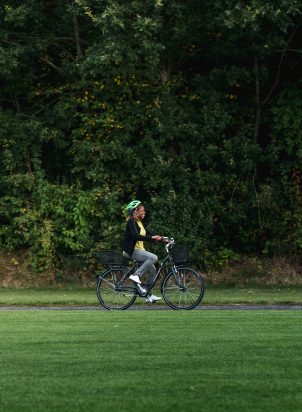This report is the outcome of the project Urban Agriculture for a Resilient Future (FutureUA) financed by the Nordic Council of Ministers and implemented in 2023. In this final report, we discuss the future of urban agriculture across different themes, namely (1) cultivating change in connection with innovation and legislation, (2) cultivating community in connection with culture, and (3) cultivating knowledge in connection with education and science.
While the first theme reflects the potential of agriculture to occupy more space in cities and to be perceived as a desirable urban function through innovation and legislative support, the second theme focuses on the known benefits of urban agriculture for building community and fostering social inclusion. The third theme reflects the momentum urban agriculture is gaining in institutional education through the implementation of programmes that respond to the growing demand for systematic knowledge of urban agriculture at different qualification levels.
This report is primarily a presentation of seven urban agriculture initiatives that tell stories about how different actors have engaged with or support the practice of growing food in cities. The description of the cases was based on webinar discussions, interviews with the main stakeholders of each case, and study visits. These cases provide the context to show how different actors can engage in urban agriculture and food systems, as well as to discuss their challenges and opportunities and to draw lessons from their practices.
The report targets a broad and heterogeneous audience, including planners, entrepreneurs, academics, and the general public, who are interested and believe in the potential of urban agriculture to tackle many of the challenges we face today, such as the climate crises. After reading this report, the reader is expected to gain:
- A glimpse of the literature on the benefits and drawbacks of growing food in cities.
- An understanding of urban agriculture from different perspectives (e.g., municipalities, entrepreneurs, communities, educational institutions).
- An overview of opportunities and challenges for implementing agriculture in cities.
- Inspiration for alternative urban futures as the stories told in this report carry seeds for change that can assist transitioning our cities to more functional ecosystems.






